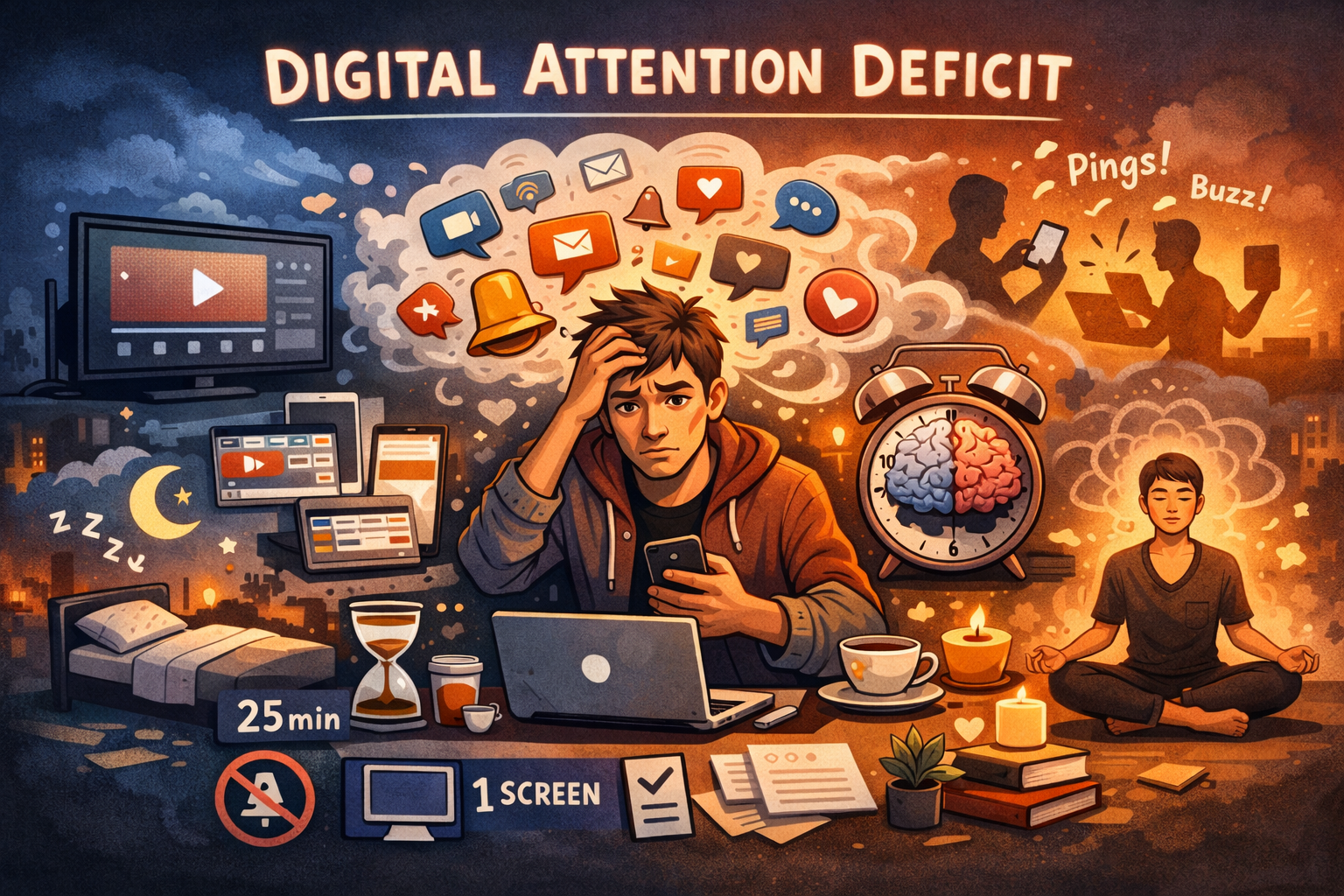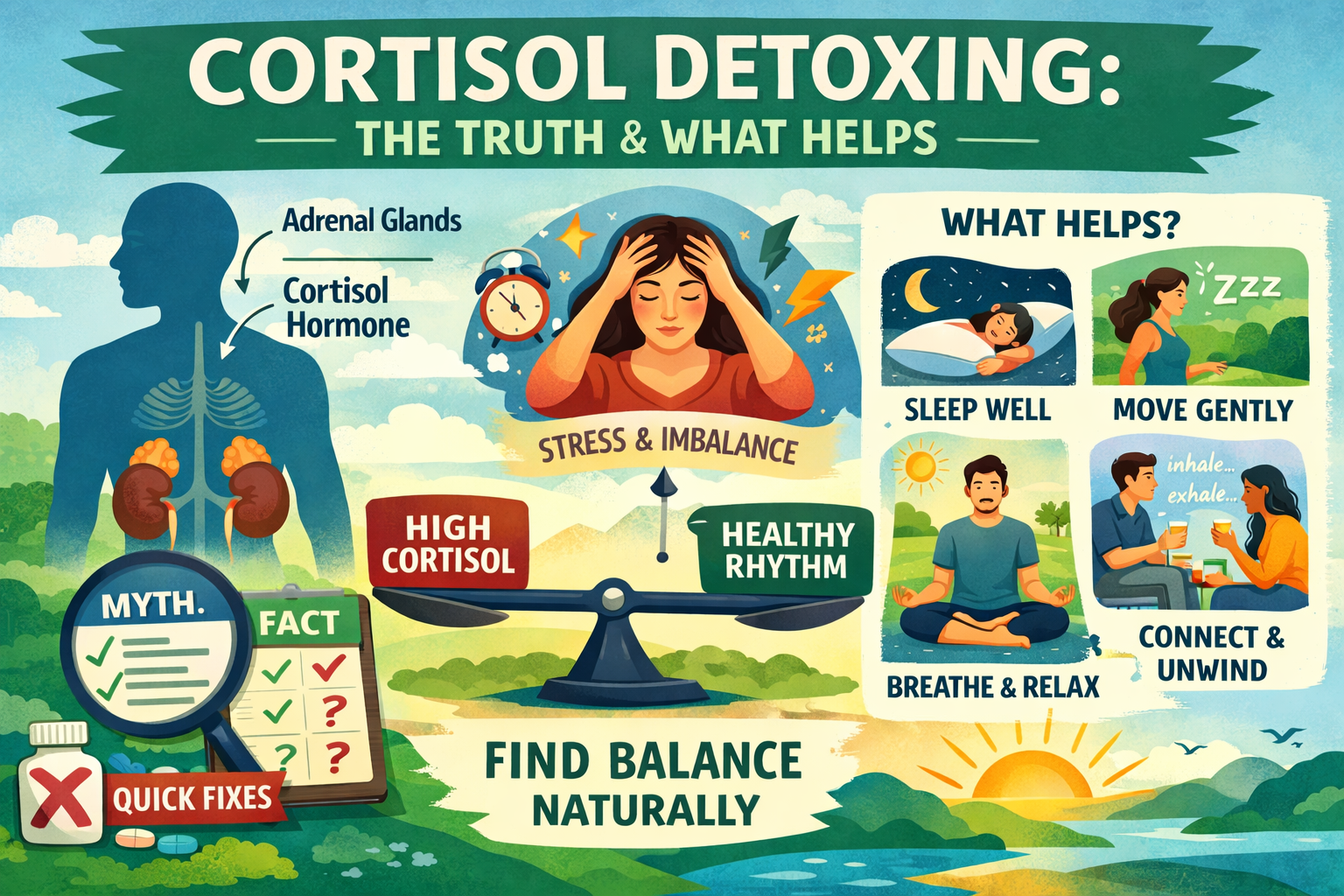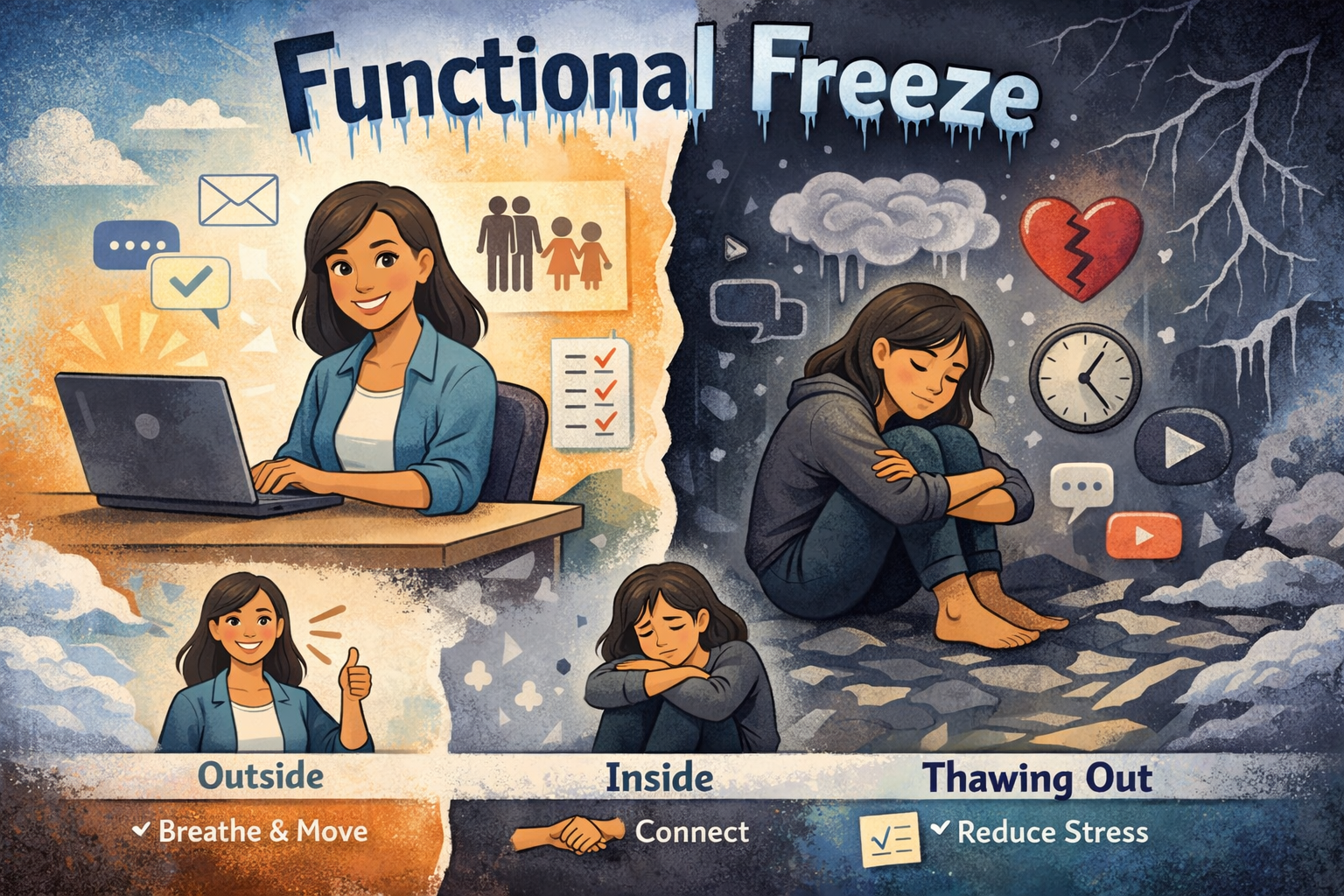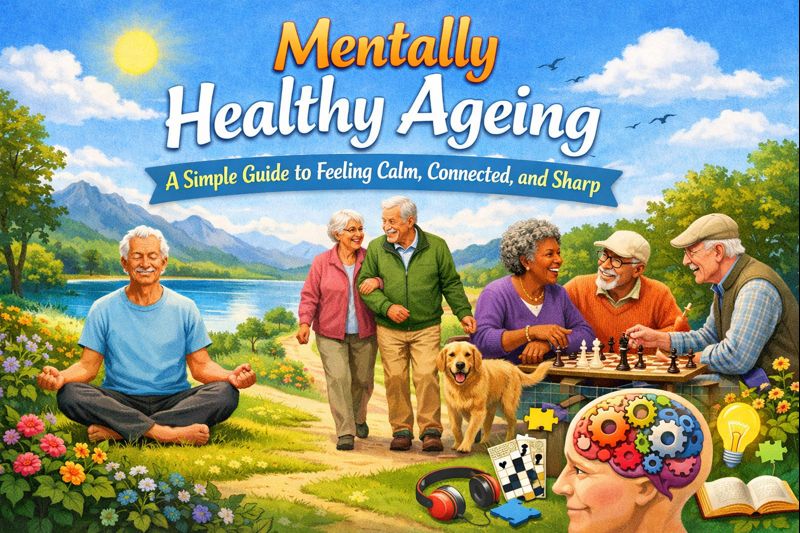In today’s noisy and stressed world, a growing number of people are getting lost, disconnected or even feeling hopeless. This sense of disconnection points to a crisis that is often unseen and overlooked: spiritual neglect. As a society, we focus a lot on material success, productivity, and technological advancements, but we tend to ignore the deeper aspects of life that nurture the spirit. This neglect of our spiritual well-being is an invisible issue, yet its effects are visible all around us. Addressing this problem is crucial for a healthier, more balanced society.
What is Spiritual Neglect?
Spiritual neglect isn’t just about religion; it’s about failing to nurture our inner lives, our values, and our sense of purpose. Spiritual neglect happens when we ignore questions like “Why am I here?” or “What truly matters to me?” Without these reflections, we lose sight of what brings us joy, meaning, and connection. This void often leads to feelings of emptiness, confusion, and stress.
In the nation, spiritual neglect has become an invisible but serious issue. While mental health awareness has improved, the deeper issue of spiritual health often gets left out of the conversation. People may have access to tools for handling stress, but without a strong sense of purpose and meaning, these tools can feel hollow.
Signs of Spiritual Neglect in Society
Spiritual neglect can affect people in many ways. For some, it shows up as a general sense of dissatisfaction or lack of purpose. For others, it may look like a cycle of burnout and exhaustion. Here are some signs that spiritual neglect is an issue in society:
- Rise in Anxiety and Depression
Rates of anxiety and depression have been rising for years. While these issues are complex, spiritual neglect can contribute by making people feel lost, disconnected, or lacking in purpose.
- Workplace Stress and Burnout
A focus on material success without a balance of inner well-being often leads to burnout. People are working longer hours but feeling less satisfied with their lives.
- Increase in Substance Abuse
When people feel empty or unfulfilled, they may turn to substances like alcohol or drugs as a way to cope. This is often a sign that something deeper is missing in their lives.
- Loneliness and Social Isolation
Many people feel lonely, even when they are surrounded by others. This can result from a lack of deep, meaningful connections and a lack of personal fulfilment.
Why Addressing Spiritual Neglect Matters
Ignoring spiritual neglect can have serious consequences. When people lack a sense of purpose and connection, they’re more likely to experience mental health issues, face difficulties in relationships, and struggle with motivation. On a larger scale, a society that doesn’t nurture the spirit can lose its sense of unity and shared values.
Addressing spiritual neglect means helping people find meaning, purpose, and connection in life. It’s about creating an environment where individuals can explore who they are, what they value, and what brings them joy and peace.
Steps to Address Spiritual Neglect
Here are some ways we can start addressing spiritual neglect, both as individuals and as a society:
- Encourage Self-Reflection and Purpose
Reflection is a key part of nurturing the spirit. Schools, workplaces, and communities can encourage individuals to think about what truly matters to them. Simple questions like “What do I want from life?” or “What makes me feel fulfilled?” can help people connect with their inner selves.
- Create Spaces for Spiritual Growth
Community centres, religious organizations, and even online platforms can offer spaces for people to explore spirituality without pressure. This can mean meditation groups, support circles, or discussions on topics like purpose and connection.
- Integrate Spiritual Health in the Education System
While academic skills are important, schools can also teach values like empathy, compassion, and self-awareness. Educating young people about these values can help them build a strong foundation for inner well-being.
- Encourage Work-Life Balance
Employers and policymakers can help by promoting work-life balance. This allows people to have time for personal growth and reflection, which is essential for spiritual well-being.
- Promote Community and Social Connection
When people feel part of a community, they’re more likely to feel a sense of belonging. Encouraging community events, volunteer work, and group activities can help people connect with each other and feel part of something larger than themselves.
The Role of Religion and Spirituality in Addressing the Crisis
Religion has traditionally provided a path to spiritual fulfilment for many people. While not everyone identifies with a specific religion, spiritual neglect can often be addressed through practices found in many religious traditions. These practices include meditation, prayer, gratitude, and compassion for others. Even those who do not follow a particular faith can benefit from these practices. Finding a personal spiritual practice, whether through religion or not, can help people find peace and purpose in life.
Moving Forward
Addressing spiritual neglect will require society to shift its priorities. We need to move away from purely materialistic measures of success and make space for inner growth and fulfilment. Encouraging self-reflection, providing spaces for connection, and building supportive communities can all help reduce the effects of spiritual neglect.
Conclusion: A Call for Balance
Spiritual neglect is a growing crisis, yet it remains invisible to many. By focusing only on material achievements and ignoring the need for inner fulfilment, we risk creating a society filled with people who feel disconnected, lonely, and empty. It’s time to bring spiritual well-being into our lives and communities. By doing so, we can foster a society that values not only success but also purpose, meaning, and connection. Addressing spiritual neglect isn’t just about helping individuals; it’s about building a healthier, happier nation for everyone.














